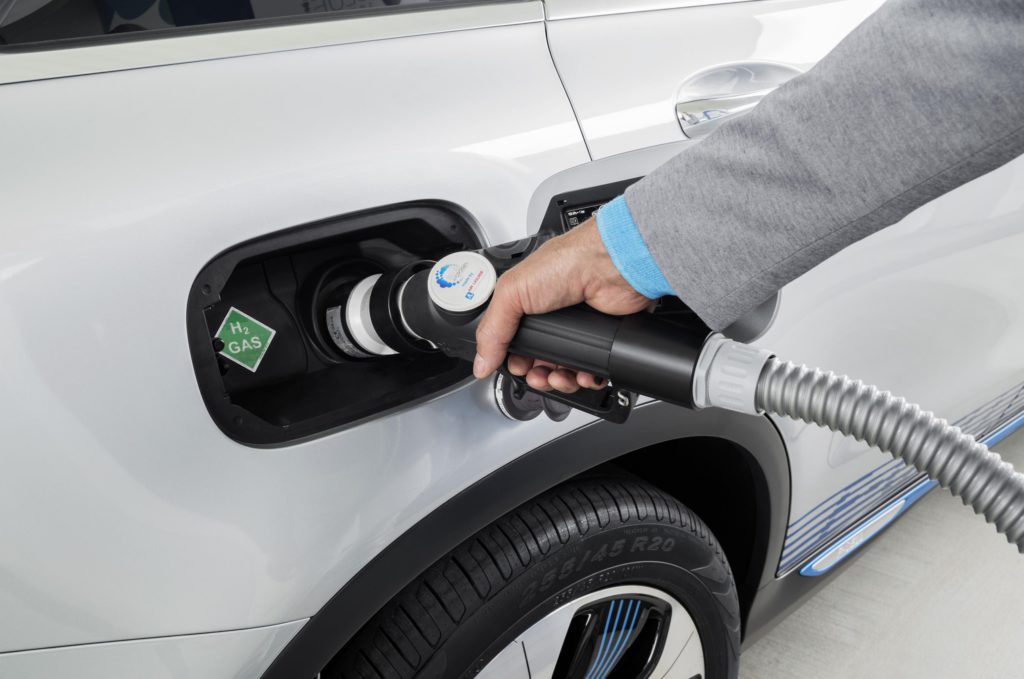Hydrogen costs to fall sooner than expected
28 January 2020

28 January 2020
The Hydrogen Council, a global initiative of energy, transport and other industry participants, has identified three key steps to accelerate the transition to the alternative fuel and has identified that the cost of hydrogen will fall sooner than expected.
To achieve the aim, the council recommended the reduction of the cost of hydrogen through technical innovation, the creation of a comprehensive safety-management system and efforts to foster broad acceptance of hydrogen across the European market.
To fully tap the potential of hydrogen as the ultimate alternative to fossil fuel, new creative ways of lowering cost in a shorter period must be sought across the entire value chain – including production, storage, distribution and application.The council met as it published a new report showing that the cost of hydrogen solutions will fall sharply within the next decade. As scale-up of hydrogen production, distribution, as well as of equipment and component manufacturing continues, the cost is projected to decrease by up to 50% by 2030 for a wide range of applications, making hydrogen competitive with other low-carbon alternatives and, in some cases, even more traditional fuel options.
To further foster a broad acceptance of hydrogen, Hyundai Motor Group executive vice-chairman and Hydrogen Council co-chair, Euisun Chung, underlined the need for governments and policymakers to advocate the inclusive benefits of hydrogen and promote the vision of a hydrogen society and the opportunities it will create.
The council will continue collaborating with regional and national hydrogen associations to analyse the current status of government policies, regulations and technologies, in turn providing viable technological solutions and policy suggestions.
Decade of hydrogen
′2020 marks the beginning of a new era for energy: as the potential for hydrogen to become part of our global energy system becomes a reality, we can expect fewer emissions and improved security and flexibility. This announces the decade of hydrogen,’ said Benoît Potier, chairman and CEO of Air Liquide and co-chair of the Hydrogen Council. ′A clean-energy future with hydrogen is closer than we think because the industry has been working hard on addressing key technical challenges. This report shows the path forward to scale up to fully achieve hydrogen competitiveness and deliver the decarbonisation we urgently need.’
The report shows that $70 billion (€64 billion) of investment is needed in the fuel to reduce costs by 50%.
It believes that in the short term, up to 2025, the fuel could become competitive in transportation, particularly for large vehicles with long ranges. It adds that competing technologies, namely battery electric vehicles, are too costly to be viable alternatives for real economic use cases.
Set goals
All applications will struggle to compete against conventional alternatives on a cost basis in the short term, given the current higher cost of hydrogen technology and limited infrastructure and scale. By 2030, with the costs of hydrogen production and distribution falling, many more applications should become competitive against low-carbon alternatives by 2030. Examples include most road-transport applications except short-range use cases, such as compact cars and short-distance buses.
Chung praised the hard work and dedication of all members of the council, which is made up of representatives from manufacturers, suppliers, oil companies and the aerospace industry, and recognised their collective efforts to move the coalition forward.
′We deserve to be proud of our achievements so far, only three years after Hydrogen Council was born,’ he told the group. ′We’ll take stock of our progress, and reflect on our assessments to forge our strategy for this year and beyond.’